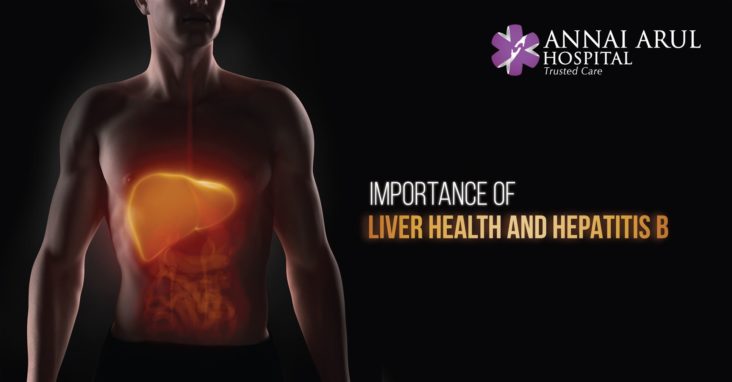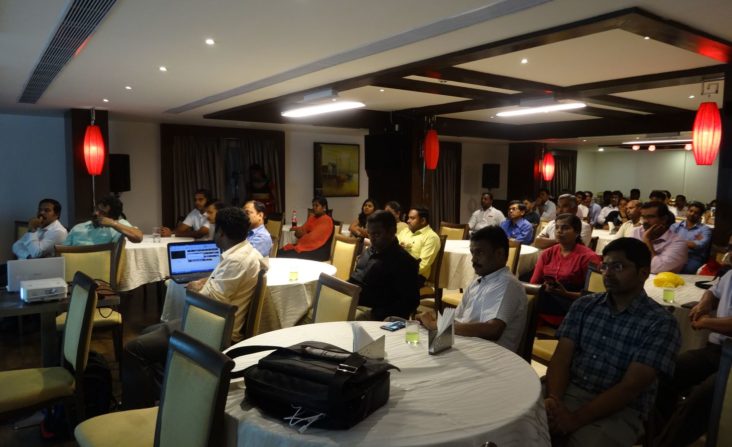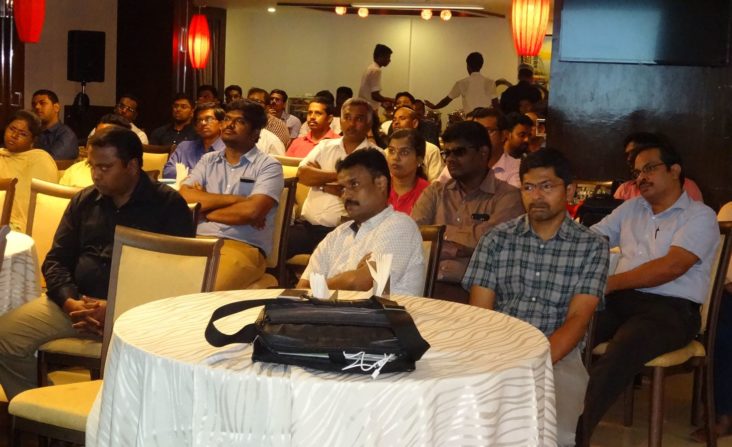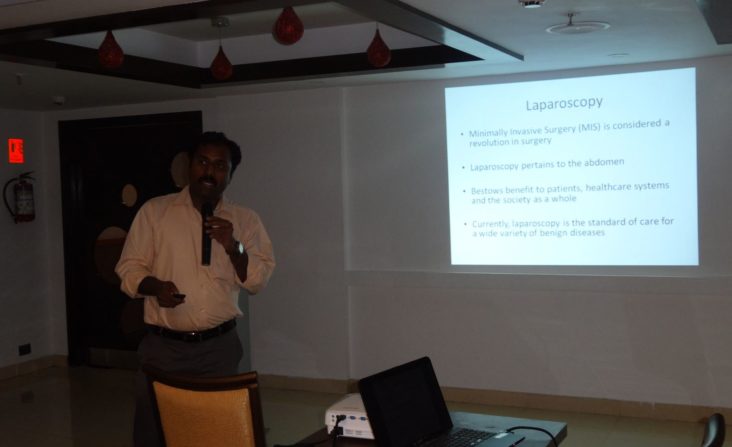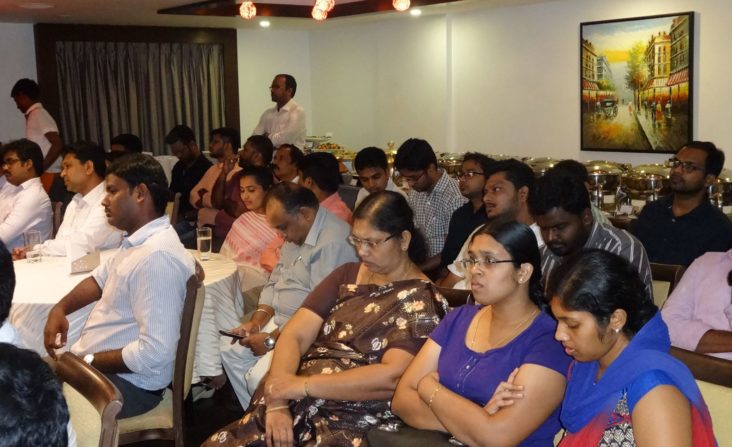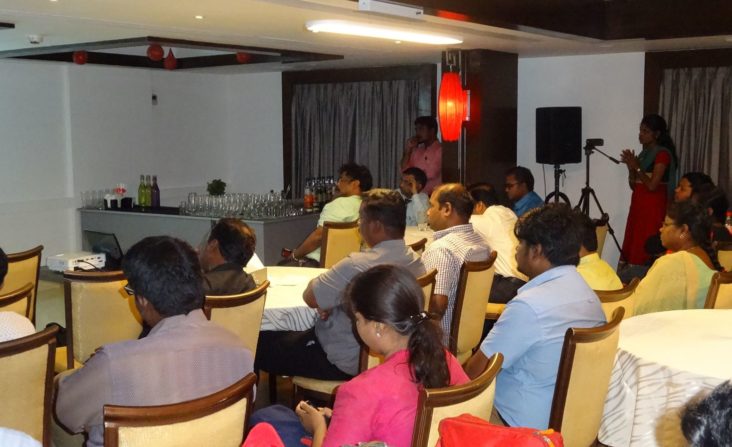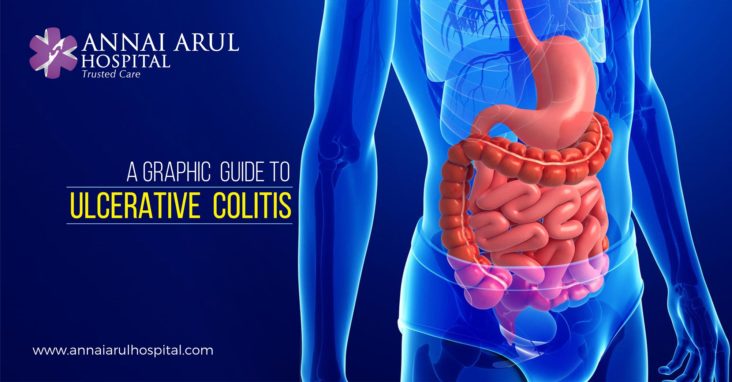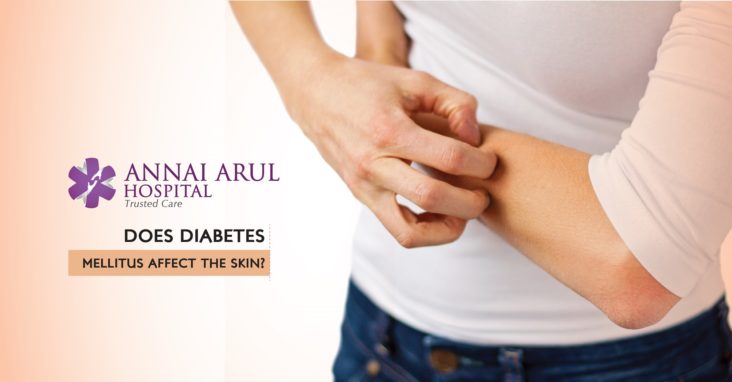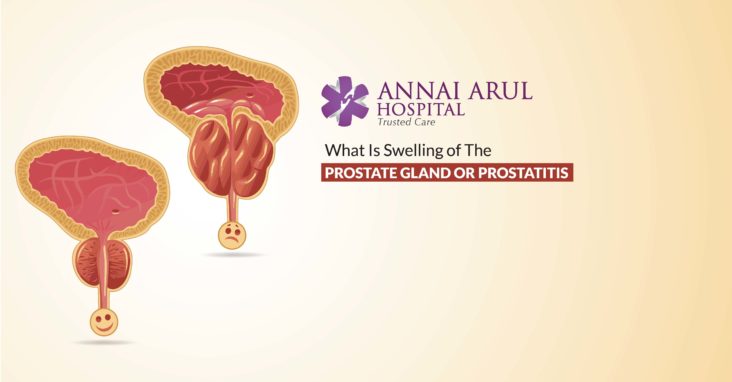Many of us are not aware that liver is an organ that is responsible for the overall maintenance of the human body. The liver is an important organ that filters toxins out of the blood, stores energy for later use, helps with digestion, and makes substances that fight infections and control bleeding.
It is rather surprising that although the liver is such an important part of our daily health and well being, it is often overlooked when it comes to proper care and attention. There are so many ailments that can befall the liver. The main reason for damage of liver is attributed to alcoholism, but bad food habits, sedentary lifestyles and cholesterol accumulation in the liver is equally risky. Liver is also susceptible to infections like Hepatitis B virus infection.
Hepatitis B infection causes liver damage and is today one of the most challenging reasons for liver damage.
What is Hepatitis B?
Hepatitis B is an infectious Hepatitis cause by the Hepatitis B virus (HBV). All most all adults who get infected are affected for a short time and then get better. This is called the acute hepatitis B infection. Sometimes the virus causes a long-term infection and then it is called the chronic infection. Such infections can over sometime cause severe liver damage. It is seen that babies and young children are more prone to get chronic hepatitis B. Many a time the symptoms of hepatitis B infection are not easily detected and if you feel the symptoms then they are like a mild flu.
How is the virus transmitted?
Hepatitis B is a blood-borne virus and it is transmitted from one person to others mainly through blood or fluids contaminated with blood. Yet another important route of transmission is from the infected mother to a newborn child, occurring during or shortly after birth. Contact with blood between persons happen through the use of needles among drug abusers. The virus can also be transmitted through sexual contact with infected person. The transmission occurs when the body fluids come in contact with broken skin or mucous membrane in the mouth, genital organs or rectum of the infected person.
The symptoms of Hepatitis B
The symptoms of Hepatitis B are not always well manifested instead you’ll feel that you run a mild flu. Some other symptoms include feeling tired always, mild fever, and headache, loss of appetite, vomiting, stomach ache, dark urine, tan colour stools, yellowish eyes and skin (jaundice) which usually appears after other symptoms have subsided. People with chronic Hepatitis may not show any symptoms at all.
Diagnosis and treatment
Usually a simple blood test for Hepatitis B is done to detect the infection. From the result of the blood test the doctor will be able to clearly tell whether you have the Hepatitis B virus or if you had it in the past. If the doctor suspects that there is some sort of liver damage that has happened then a liver biopsy is undertaken. From the blood test the doctor will also be able to tell you if you have had any vaccination to prevent the virus.
As far as treatment is concerned Hepatitis B virus infection usually goes away on its own. Most of the symptoms of Hepatitis B infection can be treated at home with plenty of rest, healthy foods, good hydration and an absolute no to alcohol and drugs. Chronic Hepatitis B infection can be treated with Antiviral if required. In patients with Hepatitis B related Cirrhosis Liver with decompensation may require Liver Transplantation.
Prevention is in your hands
Hepatitis B vaccine is the best option to prevent the infection. The vaccine is administered in a series of 3. Adults, children, babies and teenagers should all be vaccinated for Hepatitis B to prevent its onset and spread. Other steps involve not sharing common needles, using sterilized gloves to handle infected persons, not sharing razors or toothbrushes, avoid body tattooing if you feel the needles are not properly cleaned. Definitely use condoms during sexual contact and ensure your safety at all times.


